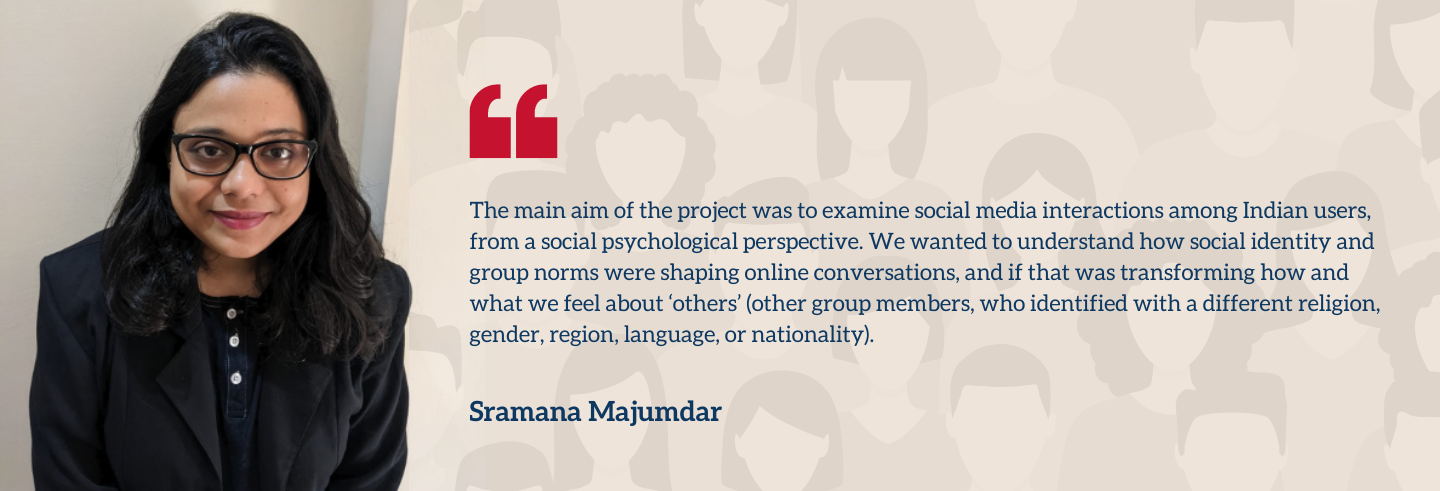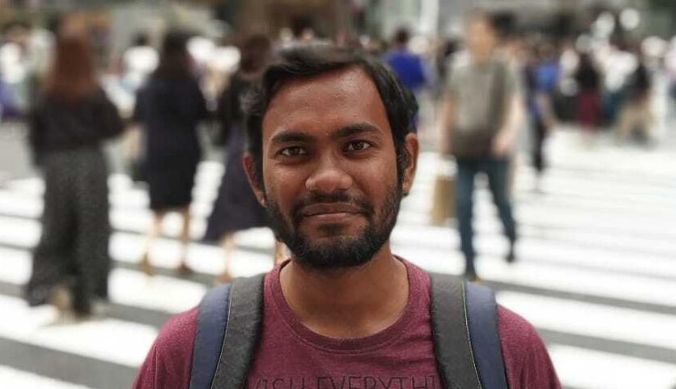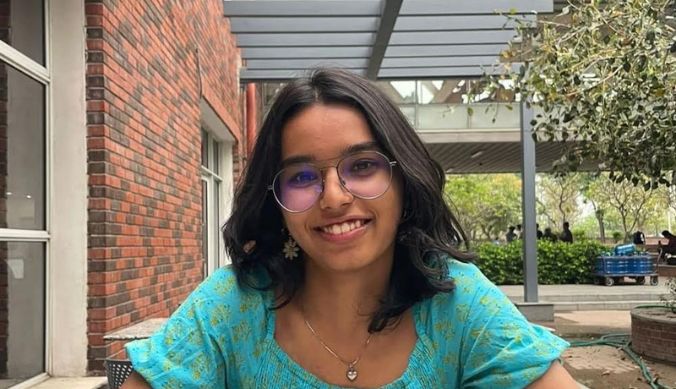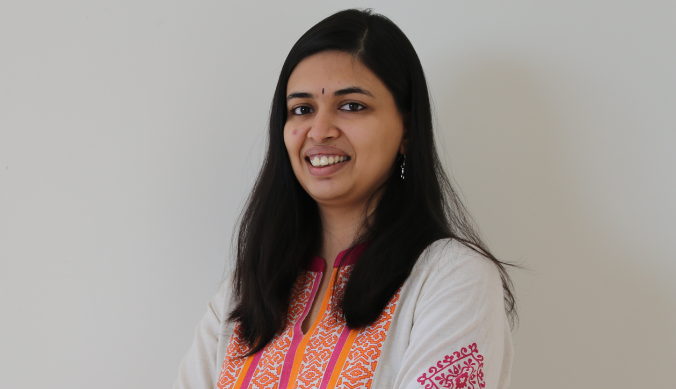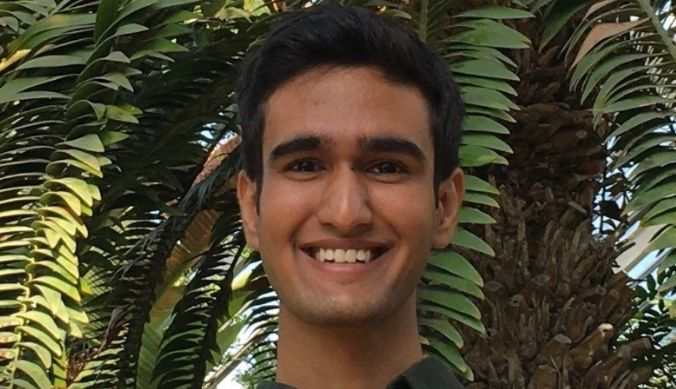Ashoka University Researchers Examine How Social Identities & Group Norms Shape Online Conversations
This research conducted by Prof. Sramana Majumdar and her team of students is one of the first social psychological investigations into computer-mediated communication in the Indian context. The findings emphasize on how online intergender communication is shaped by social identity norms and how that is reflected in conversations around feminism
Over the last few years, we have been constantly reminded of the rapidly growing influence of social media and computer-mediated communication (CMC). While some initial research on CMC indicates that anonymity and invisibility create an equalizing effect that can eliminate stereotypes and enhance interpersonal contact, there is increasing evidence to show that it may strengthen biases because of the increased group identification and in-group salient behaviors (group salience) and reduced interpersonal cues. This is what caught Sramana Majumdar’s attention, an Assistant Professor in the Department of Psychology at Ashoka University.
Having been interested in intergroup conflict and identity, it became apparent to her that to understand present-day group identities, norms, intergroup attitudes, prejudice, and conflict, one must adequately attend to what is happening on social media. There is a lack of psychological research, especially in understudied developing countries like India, which are also some of the largest consumers of digital media. This is what motivated Prof. Majumdar and her team of research students, including Maanya Tewatia, Devika Jamkhedkar, and Khushi Bhatia at the Identity and Intergroup Relations Lab to examine this space, from a social psychological and intergroup contact perspective.
The main aim of the project was to examine social media interactions among Indian users, from a social psychological perspective. The researchers wanted to understand how social identity and group norms were shaping online conversations, and if that was transforming how and what we feel about ‘others’ (other group members, who identified with a different religion, gender, region, language, or nationality).
A mixed-method project was designed to address multiple aspects of social media interactions. Firstly, online surveys were conducted to note individuals’ self-reports and observations about their interactions across gender and religion on major social media platforms. Secondly, a qualitative discourse analysis of posts and comments on public Facebook forums that featured conversations around feminism was performed. This was to further understand how gender norms were reflected in these conversations, especially in the usage of common online terms like pseudo-feminism, INCELS, Manosphere, etc. Lastly, through multiple experiments, researchers at Ashoka University measured how the valence (negative/neutral/positive) of online posts from members of other groups, and the degree to which an individual identified with their own group, would predict attitudes towards other groups.
From the qualitative study, it was discovered that speakers conflicted over the discourse of feminism in various ways, by using traditional as well as novel terms that refer to descriptive meanings of gender categories. These included new discourses within feminism (pseudo feminism, choice feminism.) and men’s rights (Incels, MGTOW). Flaming (the use of hateful and aggressive language) was also prominent, specifically in conversations around sex and sexual choice. Here, the threat to ingroup identity was met with reactive aggression. Lastly, interactions highlighted several challenges to established meanings of feminism, by pointing towards intersectional identities.
Through comprehensive experiments, researchers at Ashoka University were able to capture how group categorization affected attitudes, where lower ingroup-outgroup* differentiation produced the most positive attitudes. Yet, this was different when we looked at historically segregated group identities (North Indian/ South Indian), where regional identity significantly influenced how the perception of positive vs negative online posts affected outgroup attitudes. Emotions like empathy also mediated the relationship between message valence and intergroup attitudes.
This is one of the first social psychological investigations into CMC in the Indian context, and one of the few studies overall to look at mediated social media interactions, that is, via asynchronous posts and comments. The findings not only add to and diversify work on CMC and intergroup relations but also highlight how existing social identities, history, and political realities interact with words and messages to change social dynamics.
It is anticipated that this research will contribute to our limited understanding of technology and social life by aiding informed policy around cyber safety that leverages positive contact and reduces the adverse consequences of negative experiences which could fuel further conflict and violence.
(Edited by Dr Yukti Arora and Ms Saman Waheed)
Reference Article: “You Don’t Know Me so Don’t Try to Judge Me”: Gender and Identity Performance on Social Media Among Young Indian Users, Front. Psychol., Sec. Gender, Sex, and Sexualities, June 2022 | Volume 13 | Article 855947





